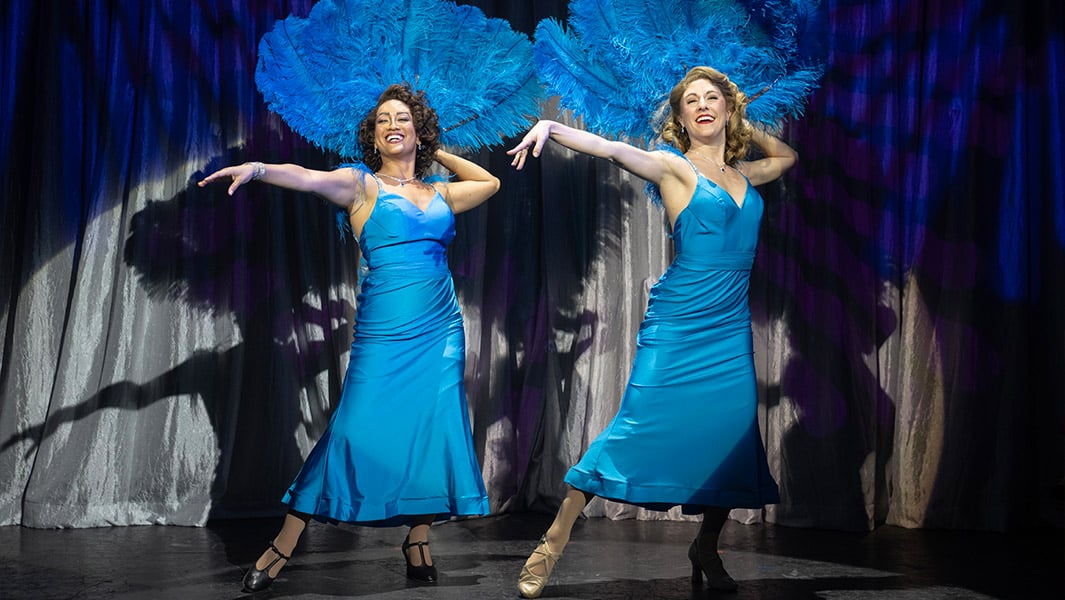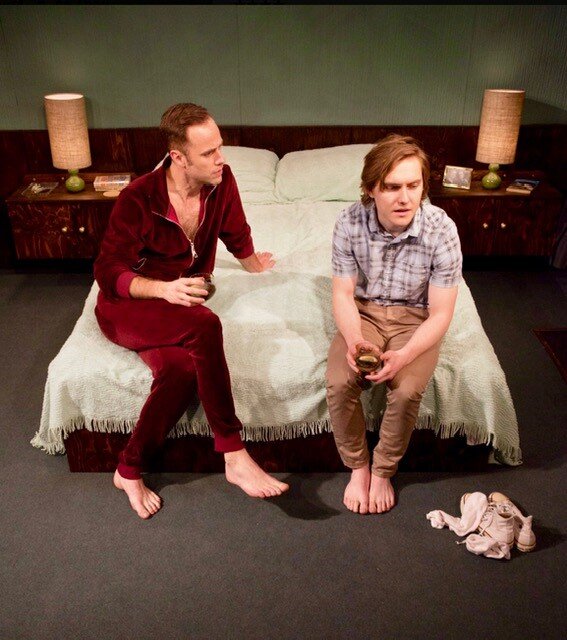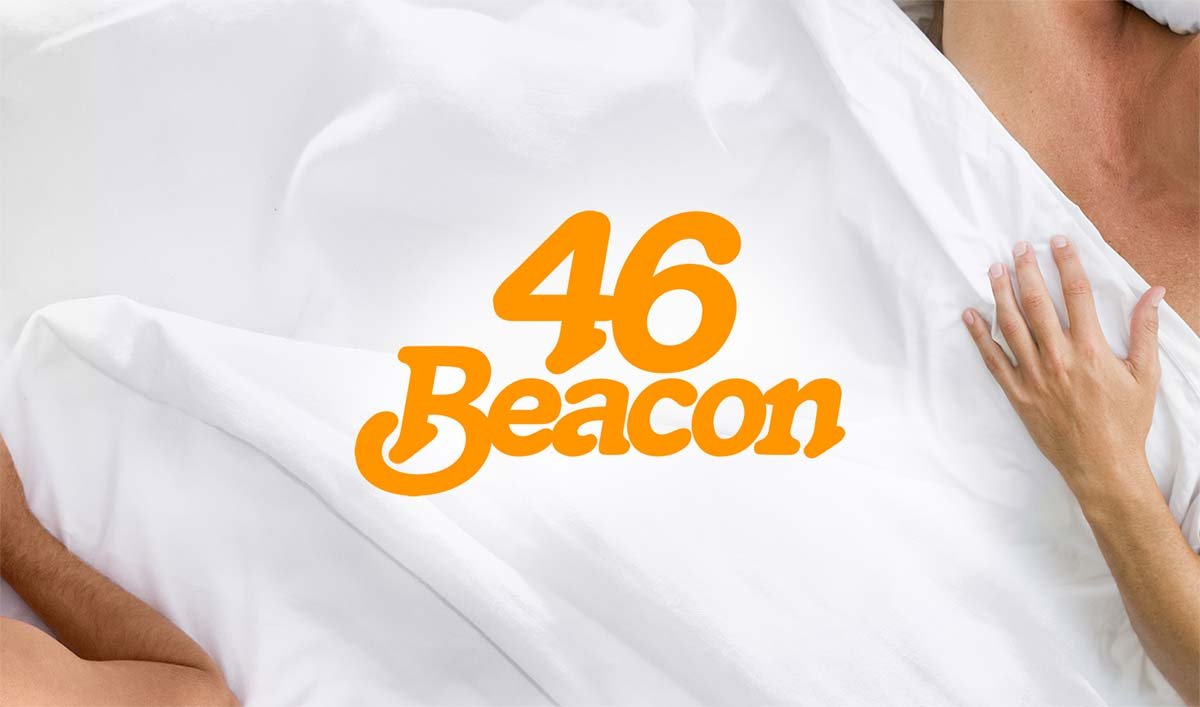
Bill Rosenfield is a prize-winning writer whose plays include 46 Beacon, Let Me, Sunshine and Shadow, and the award-winning one act Bridal Terrorism. We caught up with Bill about the inspiration for 46 Beacon and the significance of its setting during the gay liberation movement, as well as advice for future performers of the show.
Firstly, where did the inspiration for 46 Beacon come from?
I was attempting to write a play about an aspect of my teenage years and discovered that those years were divided up by this one particular night. So instead of simply referring to that night in the play, I thought it would be better to simply dramatise it.
Was the play always in the form of a two-hander between Robert and Alan? Can you talk about the creative decision behind this and why this was most effective for your storytelling?
It’s always been a two-hander, because for that one night, no one else in the world matters to Alan. If there were other characters they would distract from the main business of the play. I want the audience to enter and understand the world of these two men as well understand what being gay at that particular time and place involved.
Similarly, was it a challenge to constrain the action of the play to one setting?
Not really. I wish I could say I struggled with it, but in fact it was liberating: I’ve got two guys, one room and approximately 90 minutes to dramatise how lives can alter in the course of one encounter — Ready? Set. Go! The challenge is (as always) to keep it involving for the audience as well as the actors.
46 Beacon is specifically set in the socio-political context of 1970. How would you describe the significance of that period to the play?
In 1970 Gay Liberation was in its infancy. Secrecy in the world of being gay was still the norm — and Alan was starting to hear about it through older people with whom he worked at the theatre as well as in the movies and plays he was attending. Without realizing it he was drawn into the coded language of being gay. More people were openly talking about it and, being pre-AIDS, there was no shadow of death or danger about it. It was truly a liberating time.
Do you have any advice for amateur groups looking to perform the play in future?
Some of the content might be daunting, and it needn’t be. If the play is played for truth, then humour, humanity and the emotional honesty of the characters will come through. It’s a private conversation and, as the evening unfolds, Alan and Robert confront each other and themselves with hard questions and somewhat difficult conclusions. Don’t worry if something doesn’t generate a laugh; the chances are it will generate a smile of recognition. It’s important that the two actors have a chemistry and physical ease with one another (even when Alan is unsure of what exactly he is doing). Robert is only slightly predatory and at no point should the audience feel uncomfortable about what is transpiring. Alan is “ready”; he just hasn’t admitted it to himself. Remember that these guys actually like one another and, despite the difference in age, share a mutual attraction. Of course, at the beginning of the play, only Robert knows why.
Something which surprised me with the two productions in which I’ve been involved is that the play has a strong appeal to women. They looked beyond the gay content and found that they identified strongly with Alan losing his virginity and all the emotions connected to that — before and after.
There are references to music throughout the script. What does music bring to the play, and what suggestions would you have to directors when choosing music for their own productions?
The most fundamental thing that music brings to the play is anchoring the July 1970 time period. I’ve made the time specific and my musical suggestions are all songs which were released before July 1970.
That fact is actually important insofar as Robert not recognizing the lyric to the song “Barcelona” from the musical Company. At that time, while Sondheim was a recognisable name in theatre circles he wasn’t yet “Stephen Sondheim” and a new Sondheim show wasn’t immediately part of the collective urban gay cultural unconscious. That would happen the following year, after Follies. So Alan is ahead of the pack in not just recognising Sondheim but in quoting him as well. Whereas Robert, having recently arrived in Boston from London, is unaware of Sondheim.
Robert, though, uses his affection and knowledge of opera and musical theatre as a way of letting Alan in on a “gay code”. The LPs that Robert brought with him from London for his stay in Boston should be a reflection of a 1970 gay sensibility – Judy, Barbra, Callas, the London recording of Judi Dench in Cabaret, a Bernstein classical recording, and so on. When Robert is showering in the early part of the play Alan can look through those LPs and see for himself that they have a common ground in the music they like. At that time, that common ground was part of how gay men found one another .
Jay Taylor ( Robert) and Oliver Coopersmith (Alan) in the 2017 Trafalgar Studios production of 46 Beacon. Photo credit: Oli Sones.
Are there other playwrights addressing similar coming-out and coming-of-age themes whose work you would recommend reading?
There are a lot of films and television shows which address those specific gay themes but, in terms of tone and humanity, I’d recommend two plays by gay playwrights that have a similar structure (i.e. two characters, one set and basically in real time) and they are Terrence McNally’s Frankie and Johnny in the Clare de Lune and most especially Lanford Wilson’s Talley’s Folly. Both are heterosexual two-handers yet each of those plays creates its own universe and features two flawed people who are forever changed for the better by their encounter. There are no villains in these plays, just fellow human beings longing to understand with humor and compassion their place in the world.
What are you working on next?
Something completely different: Another America. It’s inspired by a documentary film entitled True Fans, which tells the story of three guys riding their bikes across the US from Venice Beach to the Basketball Hall of Fame in Springfield Mass. The three guys play 36 characters among them and all without a change of costume or additional props (other than a basketball). And, while on the surface it might appear to be about basketball or bicycles (no actual bikes on stage, by the way, only bar stools), what it turns out to be about is the various people the guys meet along the way. It’s a big complex country and the characters reflect that complexity with humour, generosity, disappointment and, finally, optimism. It’s an intimate, life-affirming epic for these troubled times.
Learn more about how to perform 46 Beacon. Buy the script.
(Photo credit: Oli Sones)
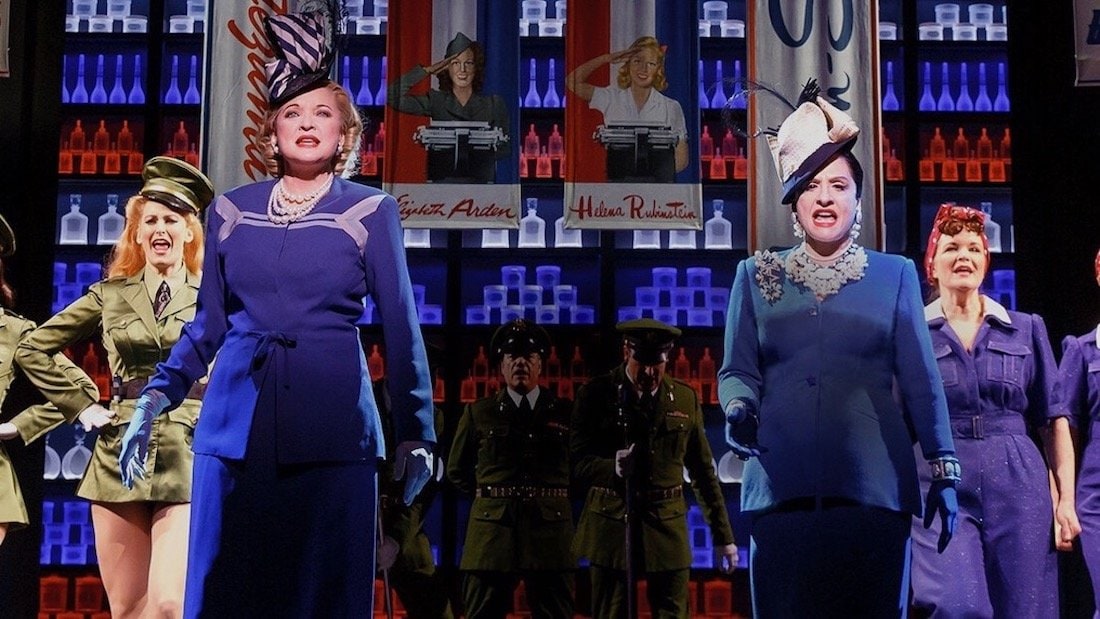
The Truth Behind… War Paint
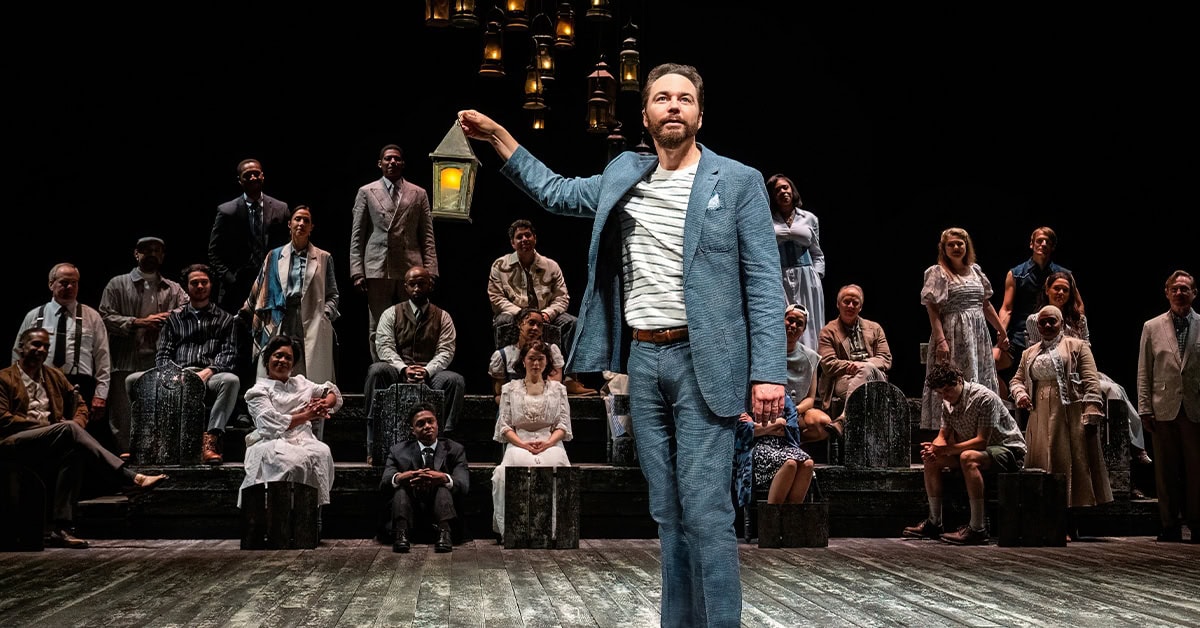
Shows About the Spirit of Community
